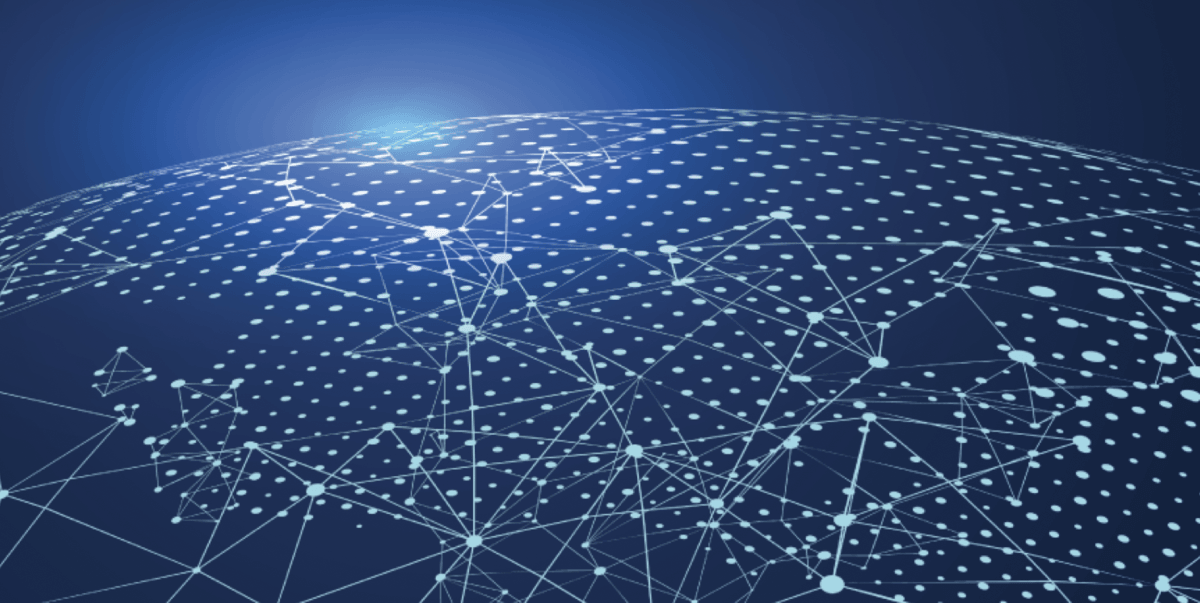
Is Canada Answering the Call for a ‘Future Workforce’?
There’s no question that Canada is doing its best to adapt to recent disruptive advances impacting its workforce, but it still faces a widening skills gap and an aging population. New technologies, including AI and robotics, are pushing new innovations that simplify processes. These new technologies affect not only the skills needed for our future workforce but also the systems in place to identify, train and connect companies and opportunities to them.
While not as quickly as some would like, progress is being made. Fortunately, new technologies and partners are also being created to address the need to improve Canada’s labour market systems. And, non-traditional approaches and partnerships are also a factor. Ryerson University’s Magnet, for example, was developed as a social innovation technology platform that connects employers and job seekers based on skills, preferences, and needs. Its real-time labour market intelligence capabilities are also contributing to evidence-based information being used to predict skills needs and shortages. Magnet’s collaborative network of post-secondary institutions, not-for-profits, governments, labour, and industry associations and community partners are working together on one common platform toward two goals: connecting people to opportunities and helping regions and communities collaborate and work more productively.
Our Changing Communities
Consider the ways in which technology is already changing our communities.
- Artificial intelligence is beginning to change what the future might look like in education.
- Tech is affecting every aspect of our lives – from catching a taxi to the way we care for elderly people.
How is this being tackled? It is critical that training, development, and research keep up with the pace of technology. We need to have qualified workers who can meet new demands.
Take, for example, one of Ryerson University’s partner, Age-Well. The organization is innovating care for seniors, such as working with partners to develop beds that monitor patients’ health and telerobotic rehab programs. But having the tech is one thing – ensuring workers know how to use it is another, particularly if the technology becomes widely adopted. As such, skills training is key – Age-Well also focuses on training and mentoring students or new professionals to support a new generation which has emerging insights from technology and aging.
This is just one example of how tech is changing our workforce and the training required to meet this challenge.
More research is needed to identify the skills Canada’s future workforces will need so that we can collaborate and keep on pace with changes in tech.
Poised for Change
Collaboration across the country and across sectors is necessary for organizations to be ready for future needs. Organizations like Magnet are already doing this. But, an inclusive workplace is also essential to innovation and improving Canada’s prosperity.
Diversity has long been one of Canada’s economic strengths; we need to leverage the talent we already have within our country, including amongst newcomers, those with disabilities, and other underrepresented communities. In partnership with Ryerson University and Magnet, the Diversity Institute holds much of this expert knowledge. The Diversity Institute offers deep knowledge of economic and technology trends, gender and diversity analysis, rigorous mixed methods research and evaluation coupled with extensive experience with the full range of skills and training needs – from essential skills through advanced technology skills.
Many systemic barriers prevent effectively leveraging Canada’s wealth of diverse talent and creating the ‘future workforce’ that disruption and the resulting skills shortage is demanding. There is ample evidence, much of which has been produced by the Diversity Institute or other leading centres at Ryerson University, that traditional approaches and conventional structures for training and skills development are not keeping pace with change.
The issues around the future needs of Canada’s changing workforce are complex, but with collaboration, innovation, forward-thinking and strong research, we will be able to make sure Canada’s workforce is ready for a prosperous future, one which includes all Canadians.
